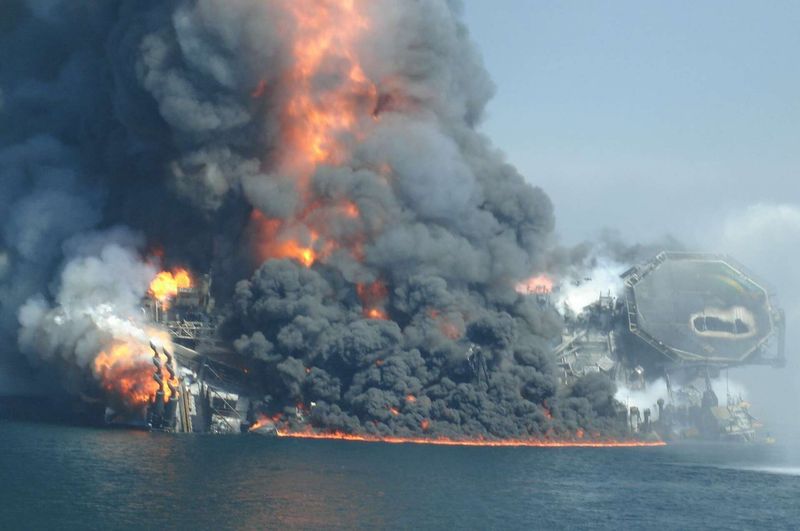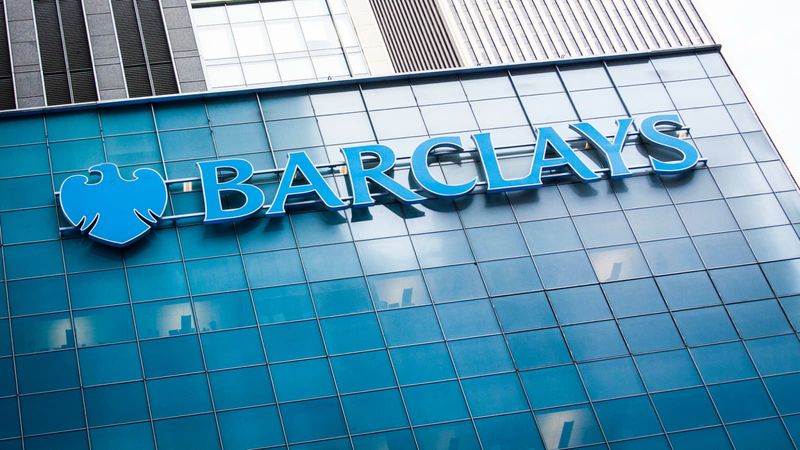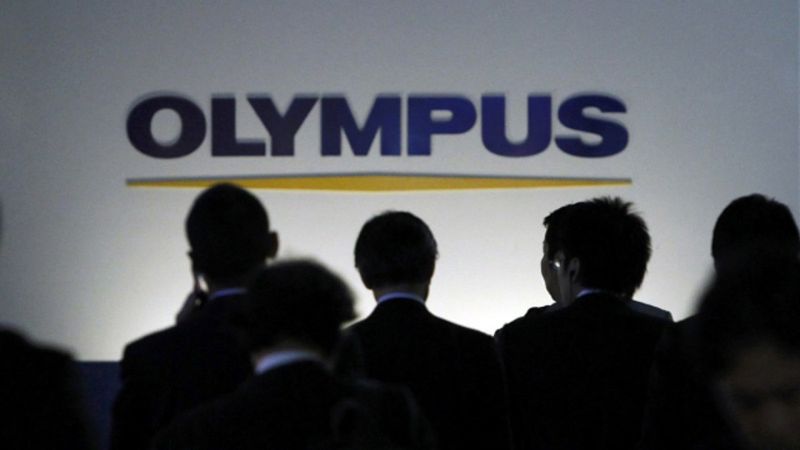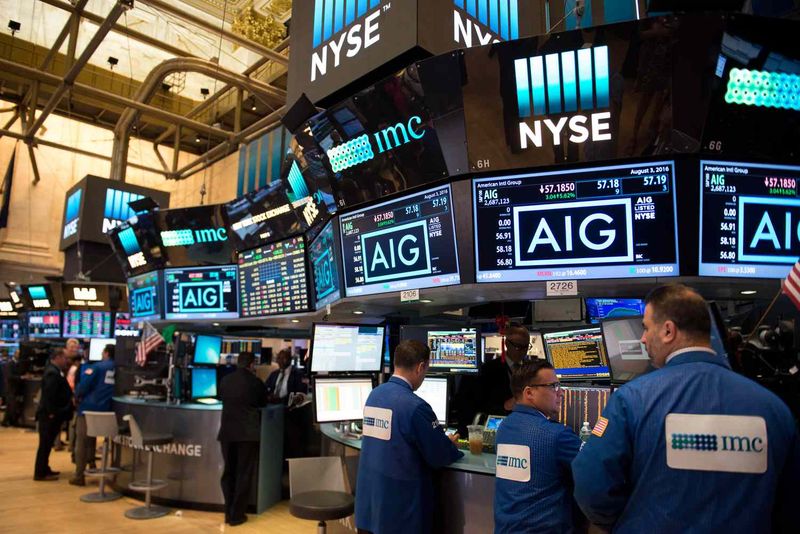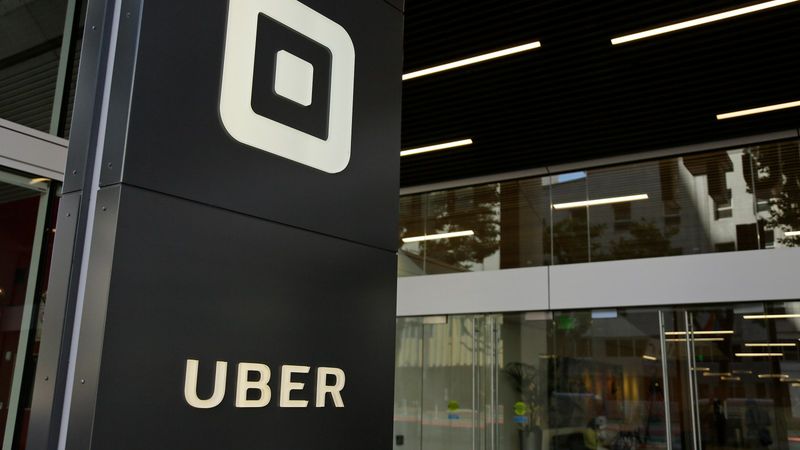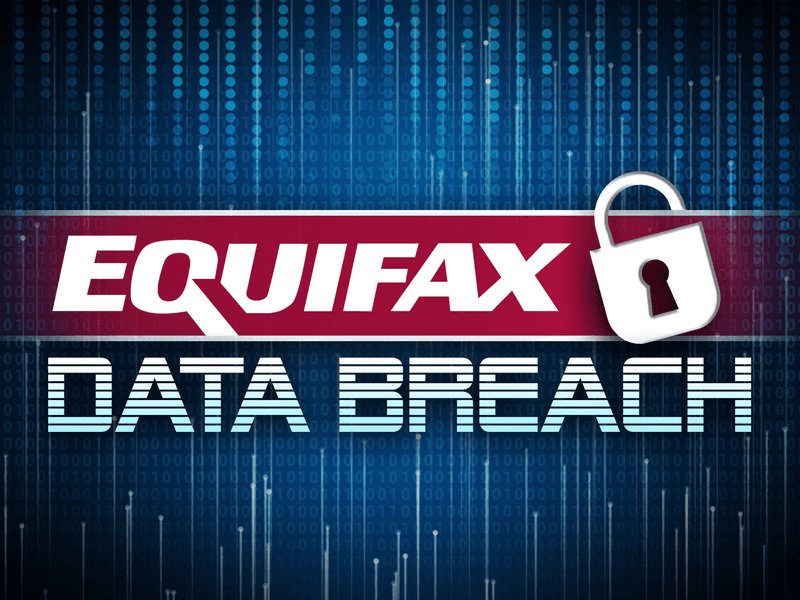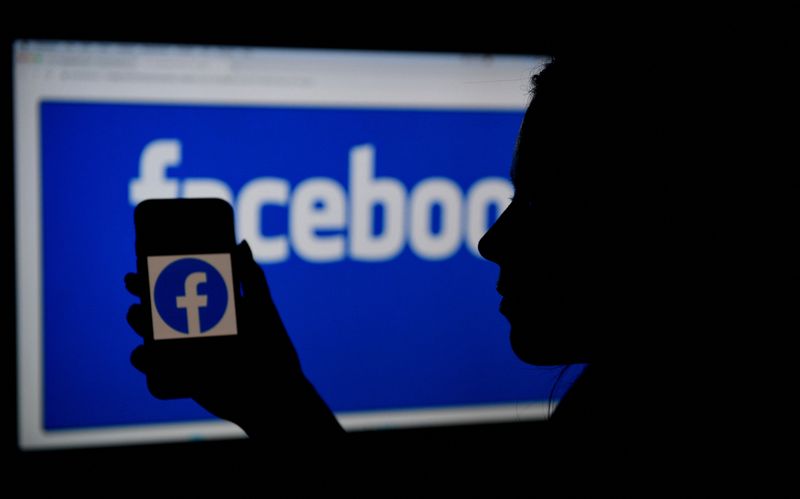In the world of business, corporate scandals have rocked industries and shocked observers globally. These events often reveal unethical practices, financial manipulations, and sometimes, criminal activities.
This blog post explores 20 infamous corporate scandals that left an indelible mark on the global business landscape, highlighting the lessons learned and the impact on stakeholders.
1. Enron Scandal
Enron, once a titan of industry, collapsed in 2001 after it was revealed they had been using accounting loopholes to hide debt. The scandal affected thousands of employees and shook the confidence of investors worldwide.
The fallout led to the bankruptcy of Arthur Andersen, one of the largest audit and accountancy partnerships in the world at that time. New regulations, like the Sarbanes-Oxley Act, were put in place to prevent similar frauds.
This scandal serves as a stark reminder of the importance of transparency and accountability in corporate governance.
2. WorldCom Scandal
WorldCom, a telecommunications giant, filed for bankruptcy in 2002 after it was discovered they had inflated assets by over $11 billion. This deception resulted in loss of jobs and investor confidence.
The scandal underscored the dangers of unchecked corporate authority and lack of transparency. It led to significant changes in auditing and corporate governance practices across the industry.
Learning from WorldCom, corporations now prioritize internal auditing and responsible financial reporting to safeguard against fraud.
3. Volkswagen Emissions Scandal
In 2015, Volkswagen admitted to installing software in diesel engines to cheat emissions tests. This revelation affected millions of vehicles worldwide, damaging the company’s reputation.
The scandal highlighted the environmental and ethical implications of corporate deception. Volkswagen faced billions in fines and a mandate to change its diesel sales strategy.
The incident serves as a lesson on the significance of corporate responsibility and the potential fallout from compromising regulatory compliance.
4. Lehman Brothers Collapse
The collapse of Lehman Brothers in 2008 was a pivotal event in the global financial crisis. Their bankruptcy filing marked the largest in U.S. history, with debts of over $600 billion.
Lehman’s downfall resulted from high-risk investments in subprime mortgages, leading to a financial contagion effect. It emphasized the dangers of excessive risk-taking and inadequate regulatory oversight.
This event catalyzed reforms in the financial sector, urging increased transparency and risk management practices.
5. BP Deepwater Horizon Disaster
The Deepwater Horizon oil spill in 2010 became one of the worst environmental disasters in history. BP faced immense backlash for inadequate safety measures and response.
The spill caused extensive damage to marine and coastal ecosystems, and BP paid billions in fines and settlements. The incident underscored the critical need for stringent safety protocols.
This disaster is a poignant reminder of corporate responsibility towards the environment and the potential human and ecological costs of negligence.
6. Theranos Fraud
Theranos, led by Elizabeth Holmes, promised revolutionary blood-testing technology. However, in 2015, it was revealed that the technology did not work as claimed.
Investors lost millions, and the company’s credibility plummeted, leading to criminal charges against Holmes. The scandal highlighted the risks of investing in unproven technology.
It serves as a cautionary tale about the importance of due diligence and skepticism in evaluating startup claims, especially in the healthcare sector.
7. FIFA Corruption Scandal
In 2015, several FIFA officials were arrested on charges of corruption, including bribery and money laundering. The scandal tarnished the global image of soccer’s governing body.
It exposed systemic issues within the organization, leading to widespread calls for reform and transparency. FIFA undertook significant structural changes to restore its credibility.
The incident serves as a reminder of the importance of ethics and accountability in international organizations.
8. Parmalat Bankruptcy
In 2003, Parmalat, an Italian dairy and food corporation, went bankrupt after a massive €14 billion accounting fraud was uncovered. The scandal was dubbed “Europe’s Enron.”
It revealed weaknesses in regulatory systems and the ease with which financial discrepancies could be concealed. The event led to reforms in corporate governance in Europe.
Parmalat’s collapse is a cautionary tale about the necessity for robust financial oversight and transparency in business operations.
9. Satyam Scandal
Satyam Computers, once a leading Indian IT company, was embroiled in a massive fraud scandal in 2009, admitting to inflating earnings by $1.5 billion.
The revelation shocked the corporate world and led to a crisis of confidence in Indian businesses. The scandal prompted major regulatory reforms in India to enhance corporate governance standards.
Satyam’s downfall underscores the critical importance of ethics and integrity in business practices, particularly in the tech industry.
10. Barclays Libor Scandal
In 2012, Barclays was fined for manipulating the Libor interest rates, affecting financial markets worldwide. The manipulation involved several banks colluding to adjust rates for profit.
The scandal led to widespread criticism and prompted significant reforms in how benchmark rates are calculated globally.
It highlighted the profound impact of financial misconduct on global markets and underscored the need for transparency and ethical standards in banking.
11. Olympus Accounting Scandal
Olympus, a leading Japanese manufacturer, was involved in an accounting scandal in 2011, concealing losses of $1.7 billion. The cover-up lasted over a decade.
The scandal highlighted significant gaps in corporate governance and risk management within Japanese corporations. It led to legal actions and reforms in corporate practices.
Olympus’s story underscores the importance of transparency, accountability, and ethical leadership in maintaining investor trust.
12. Siemens Bribery Scandal
Siemens, the German engineering giant, was involved in a widespread bribery scandal uncovered in 2008, paying over €1 billion in fines. The company used bribes to secure contracts worldwide.
This scandal exposed the aggressive competitive practices and ethical lapses at play in the business. It led to a global crackdown on corporate corruption.
Siemens had to overhaul its corporate policies, emphasizing ethical practices and compliance in international dealings.
13. Tyco International Scandal
In 2002, Tyco International’s CEO and CFO were convicted of embezzling over $150 million from the company. They funded extravagant lifestyles at the expense of investors.
The scandal highlighted the risks of unchecked executive power and poor corporate oversight. It resulted in significant changes to corporate governance practices.
Tyco’s case underscored the importance of transparency and accountability in executive leadership and financial management.
14. AIG Bailout
In 2008, American International Group (AIG) required a massive $182 billion bailout during the financial crisis due to high-risk financial products.
The situation highlighted systemic risk in the financial industry and the consequences of excessive risk-taking. It led to increased regulatory scrutiny and financial reforms.
The AIG bailout serves as a critical lesson in the importance of risk management and the impact of corporate decisions on the broader economy.
15. Rana Plaza Collapse
In 2013, the Rana Plaza building in Bangladesh collapsed, killing over 1,100 garment workers. The disaster exposed the dark side of global fashion supply chains.
The incident led to global outrage and prompted major brands to improve factory conditions and labor rights. It served as a stark reminder of the human cost of corporate negligence.
Rana Plaza’s collapse underscores the need for ethical sourcing and corporate responsibility towards worker safety.
16. Uber Data Breach Scandal
In 2016, Uber revealed a massive data breach affecting 57 million users and drivers. The company’s failure to disclose the breach promptly led to public outrage.
The scandal highlighted significant vulnerabilities in data security and the importance of transparent communication with stakeholders. Uber faced legal actions and fines.
This incident underscores the need for robust cybersecurity measures and swift disclosure practices in the tech industry.
17. Equifax Data Breach
Equifax, a leading credit reporting agency, suffered a massive data breach in 2017, affecting 147 million individuals. The breach exposed personal information, sparking widespread concern.
The scandal highlighted vulnerabilities in data security and led to significant fines and regulatory changes. Equifax’s response was heavily criticized for delays and inadequate communication.
The incident underscores the critical importance of cybersecurity and proactive risk management in protecting consumer data.
18. Lance Armstrong Doping Scandal
Cyclist Lance Armstrong was stripped of his seven Tour de France titles in 2012 after a doping scandal. The revelation shook the sports world and Armstrong’s corporate sponsors.
The scandal exposed the deep-rooted issues of doping in competitive sports and prompted widespread reevaluation of sponsorship deals. It highlighted the need for integrity and ethics in athletics.
Armstrong’s fall from grace serves as a reminder of the consequences of deception and the value of fair play.
19. Cambridge Analytica Scandal
In 2018, Cambridge Analytica was found to have harvested personal data from millions of Facebook users without consent, influencing political campaigns. The scandal sparked outrage over data privacy.
It prompted calls for stricter data protection regulations and led to significant scrutiny of social media platforms. Facebook faced global backlash and legal challenges.
The incident underscores the importance of data ethics and the need for transparency in digital marketing practices.
20. Facebook Privacy Issues
Facebook has faced numerous privacy scandals, most notably around data sharing practices and user consent. These issues have led to widespread criticism and regulatory scrutiny.
The company has been urged to improve its data protection policies and transparency with users. Regulatory fines and changes in privacy laws have followed.
Facebook’s ongoing challenges highlight the critical importance of user privacy and responsible data management in the tech industry.





